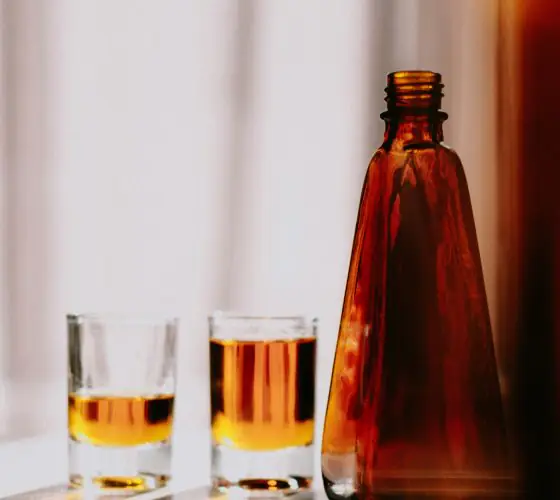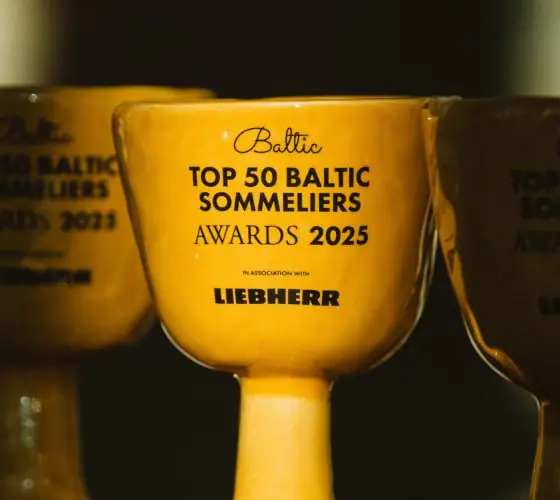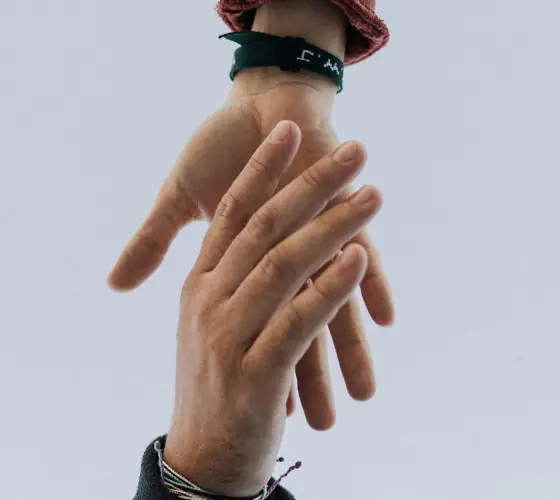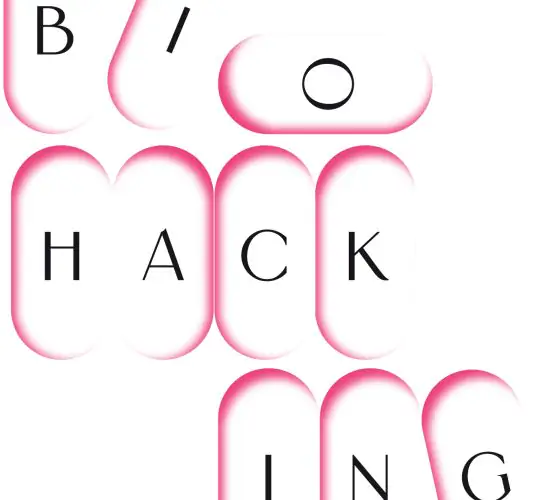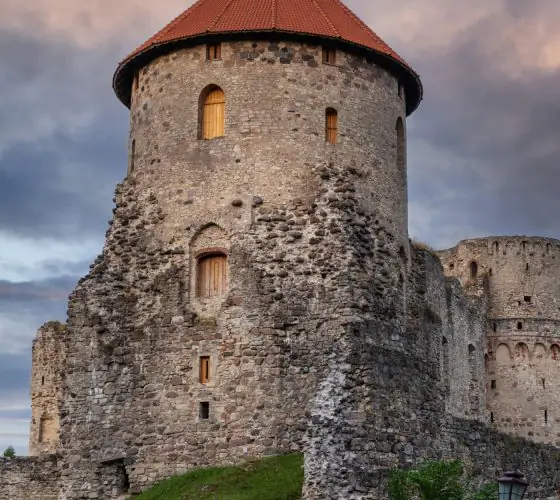
The history of this project began with a personal dream. Marina Volkova’s husband, an enthusiastic fisherman, had always wanted a house by the lake. During the pandemic, the couple found a seven-hectare plot of land by the water near Riga and decided to build a house for themselves there. However, it soon became clear that this location could provide relaxation for others too. Five guest houses were built on the site.
Gradually, the project began to expand: a large house with an indoor swimming pool and sauna, as well as a restaurant serving breakfast and dinner, were added to the complex. They are now building another restaurant with 300 seats and have set themselves the ambitious goal of applying for a Michelin green star. As part of this, they plan to build their own greenhouse and farm-to-table kitchen. Their immediate plans also include a log cabin bath complex with separate steam rooms and a 30-room guest house.


Marina, wasn’t it scary to take on a project of this scale?
My husband and I already had experience of creating complex projects. He is the kind of person who, when he takes on a project, does so with complete faith—because there is simply no point in starting something if you have doubts. In Bali, for example, we own three restaurants. When we opened them, we knew nothing about the restaurant business — we just liked the idea. Today, these are successful businesses, and we continue to develop in the hospitality sector.
So, this is not your first venture into entrepreneurship? Do you have any other projects in Riga?
Yes, we have always had a wide range of interests. I have my own yoga studio in the city, which I see more as a hobby than a traditional business. I am a yoga instructor and used to do pole dancing, so I decided to bring these two activities together under one name. I enjoy building a community around the studio, which is why we hold retreats in Bali, for example.
My husband owns a marketing agency in Riga. Incidentally, that’s where the name of our project comes from—one of the agency’s most popular services is SEO promotion. You might ask why he didn’t just stay in marketing, but it’s only in offline projects that you see people’s emotions and feel their joy at what you’re creating. In a world where everything happens online, such lively reactions are especially valuable.



I wonder what distinguishes SeoVillage from other projects with a similar concept?
First of all, the whole family can come here—pets included. This isn’t a campsite where boredom can easily set in: we have plenty to do year-round. Guests can go fishing (someone recently caught a pike), dine in the restaurant, spend time in the sauna, or simply enjoy the peace and quiet of nature. Walking paths featuring sculptures we brought from Bali will soon be added.
Another distinctive feature is the authentic design of each of the five guest houses. We built them primarily for ourselves, paying attention to every detail, from kitchen sets and tableware to textiles and décor. The cottages are named after places where we particularly enjoyed living and relaxing: “Bali”, “Cyprus”, “the Maldives”, “Portofino” and “Latvia”. This is reflected in the interiors: for instance, the “Bali” cottage features paintings by local artists, and the “Portofino” cottage is decorated with lemon trees and images of lemons.
To achieve an immersive effect, please describe to us what a typical day at your complex is like.
When guests arrive, they can head straight to the spa area, which features a hammam, a sauna and a heated pool. There, they will be served herbal tea and healthy snacks as a small welcome gesture to set the mood for relaxation. As a nutritionist, I try to incorporate elements of biohacking into the project. For example, red light therapy has recently been introduced to the lounge to help relax muscles and rejuvenate the body.
We are also preparing a massage room, where five types of massage will soon be available, each inspired by the concept of our cottages. In “Bali”, these will include traditional oil massages and sound healing with bowls, while in “Latvia”, they will incorporate stones and practices inspired by the local landscape.
After relaxing in the spa, guests can enjoy dinner at the restaurant, which is open from 6 p.m. to 10 p.m. This is usually ample time, given that check-in begins at 3 p.m. and spending a few hours in the spa easily transitions into the evening. Breakfast is served from 8:00 a.m. to 12:00 p.m., with most guests arriving around 10:00 a.m. Guests can even stay in the spa until 2:00 p.m. after check-out, allowing them to prolong their relaxation experience.
We sometimes hold retreats on the premises, such as sound healing sessions involving gongs in the pool. Participants lie on mattresses in the water, completely immersing themselves in the sound—a unique experience that, as far as I know, cannot be found anywhere else in Latvia.
You mentioned that part of the project is still under construction. Does this interfere with guests’ relaxation?
We have organised the process so that it does not affect guests’ experience. All work is carried out on weekdays only—Monday to Wednesday—when the complex is closed to guests. In addition, the construction site is located in a separate area of the grounds and is completely hidden from view.
What’s interesting in the surrounding area?
There are three roads leading here from Riga, and we always recommend that guests choose the most picturesque one. It is almost empty, with smooth curves that seem tailor-made for rallying. Driving along it in summer or autumn is particularly enjoyable: the scenery is so beautiful that I couldn’t hold back my tears last year.
On the estate itself, there is a lake with pontoons for fishing and an artificial pond. There is also a dense forest nearby with paths where you can walk for hours, pick mushrooms and berries, and completely disconnect from the hustle and bustle of the city.


If you had the opportunity to summarise the main idea behind SeoVillage for our audience, what would you want them to know?
First and foremost, all our projects are created for people. While business and financial returns are important, what matters most to us is seeing the joy of our guests, hearing their words of gratitude, and knowing that what we have created brings them pleasure. These responses and emotions energise and inspire us to take on new projects.











